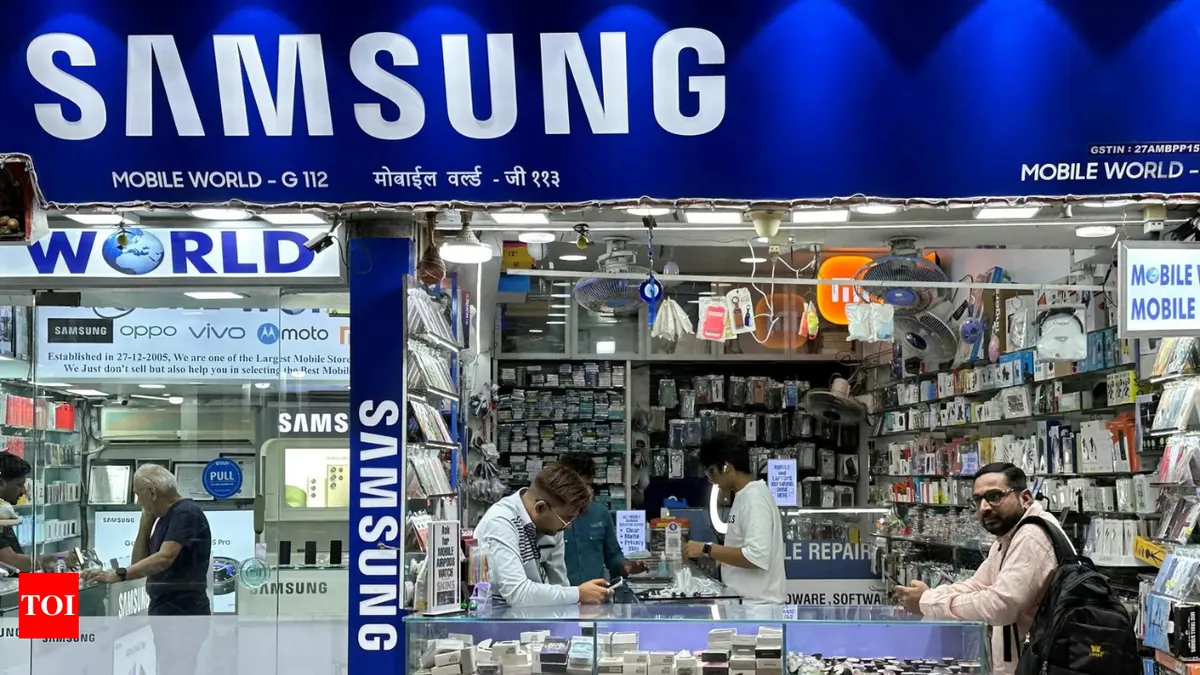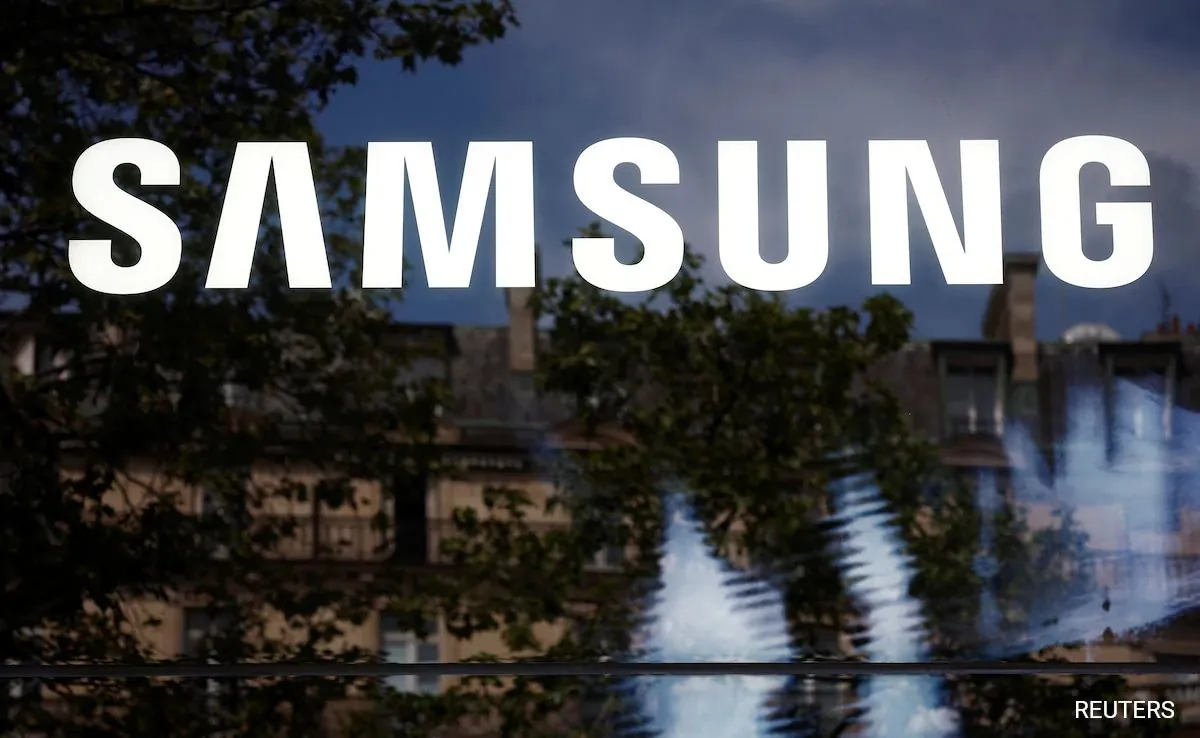Samsung India Workers Strike for Second Day, Demanding Better Conditions
Samsung Electronics employees in southern India continue their strike, affecting production at a key plant. Workers demand higher wages and union recognition, impacting the tech giant's operations.

In a significant development for Samsung Electronics, employees at its Sriperumbudur plant in southern India have entered the second day of their strike on September 11, 2024. The workers, demanding improved wages and working conditions, have set up tents outside the facility, signaling their intent to continue the protest.
The Sriperumbudur plant, one of two Samsung factories in India, plays a crucial role in the company's operations. Sources familiar with the matter indicate that this facility contributes to 20-30% of Samsung's annual $12 billion revenue in the country. The plant, which employs approximately 1,800 workers, specializes in manufacturing consumer electronics such as refrigerators, washing machines, and televisions.

The strike has significantly impacted production, with reports suggesting that about half of the daily output was affected on the first day. Union leader E. Muthukumar stated, "We are striking for the second day," highlighting the workers' determination to have their demands met.
Samsung India has not directly commented on the ongoing situation. However, a spokesperson previously mentioned that the company actively engages with workers to address grievances and ensures compliance with all relevant laws and regulations.
This labor unrest in India follows similar actions by Samsung Electronics union members in South Korea during July and August 2024. The recurring pattern of worker dissatisfaction across different countries suggests a broader challenge for the tech giant in managing its global workforce.
It's worth noting that Samsung has a significant presence in India, with another larger plant located in the northern state of Uttar Pradesh, primarily focused on smartphone production. The company's long-standing relationship with India dates back to 1995 when it first entered the market.
"We actively engage with workers to address any grievances they may have and comply with all laws and regulations."
The current situation at the Sriperumbudur plant is particularly noteworthy given Samsung's global stature. As the world's largest manufacturer of consumer electronics by revenue since 2023, and the leading smartphone manufacturer globally since 2011, any disruption in its production capabilities could have far-reaching implications.
Samsung's history of innovation and growth is remarkable. Founded on January 13, 1969, in Suwon, South Korea, the company has expanded its reach to produce about 500 million electronic devices annually. Its first mobile phone, the SH-100, was introduced in 1988, marking the beginning of its journey in the telecommunications sector.
The ongoing strike also raises questions about labor relations in the tech industry, especially in rapidly growing markets like India. As companies like Samsung continue to expand their global footprint, balancing worker satisfaction with production demands remains a critical challenge.
As the situation unfolds, all eyes will be on how Samsung addresses these labor issues and what implications this might have for its operations in India and beyond. The resolution of this strike could set important precedents for labor relations in the tech manufacturing sector in emerging economies.


































